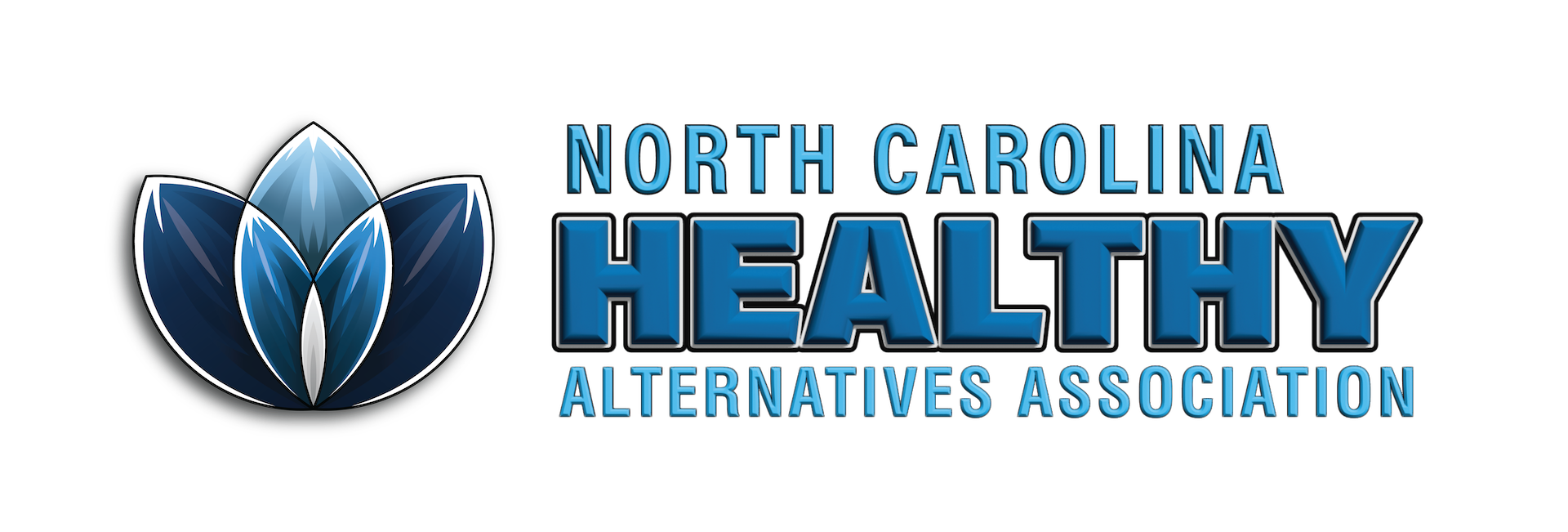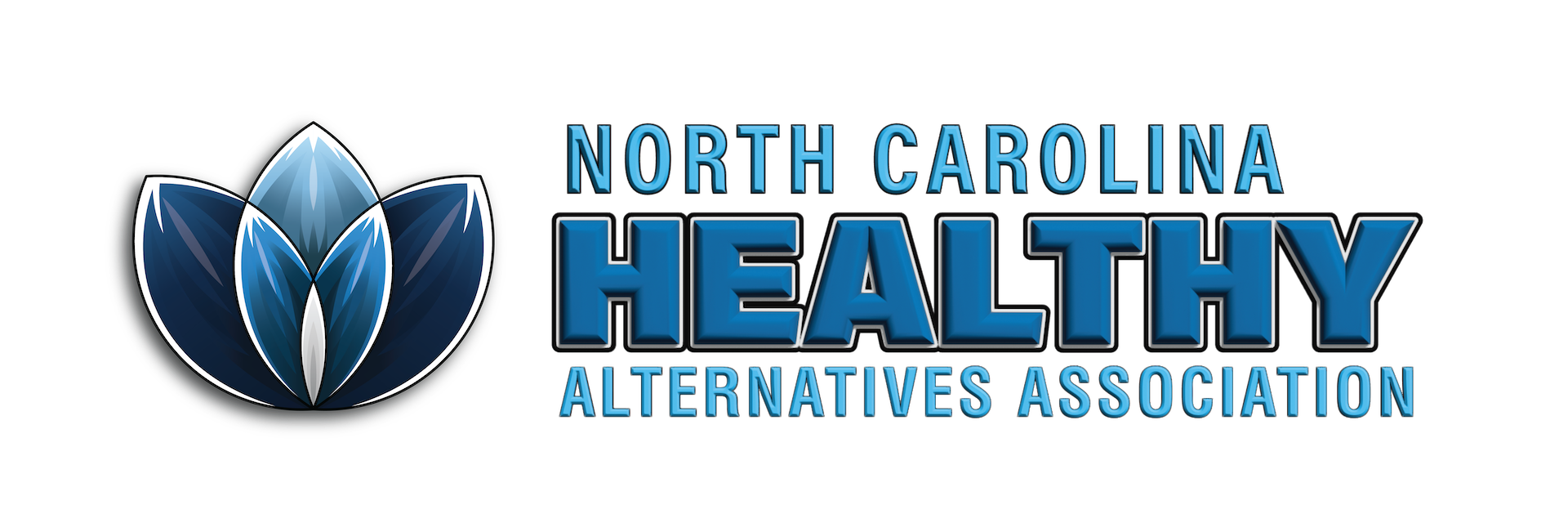
HB680 in North Carolina: What Lawmakers Aren’t Telling You About the Bill Threatening the Hemp Industry
The fate of the hemp industry in North Carolina hangs in the balance, but most residents and farmers haven’t heard the real story behind House Bill 680. Touted as a way to protect children, this bill carries consequences far beyond its publicized intent. HB680, if passed, could wipe out the state’s entire hemp market by permitting only FDA-approved hemp products on shelves.
Why is such a pivotal piece of legislation flying under the radar? And what could it actually mean for the thousands of livelihoods built around hemp in North Carolina? This post unpacks the claims, the fine print, and the quiet risks behind HB680, so you’re empowered with the facts—not just headlines.
What is HB680?
House Bill 680 is a proposed law in North Carolina that, on the surface, appears to be about regulating hemp-derived products for public health. Most notably, bill sponsors claim the measure is designed to keep intoxicating hemp products like Delta-8 THC out of the hands of minors.
But the truth is buried in legalese and a single, industry-killing clause: HB680 would only allow the sale of hemp and hemp-derived products that have been approved by the U.S. Food and Drug Administration (FDA).
For an industry already grappling with regulatory uncertainty, this is a virtual death sentence.
How HB680 is Being Marketed to the Public
The Child Safety Narrative
Supporters of HB680 frame it as a necessary response to concerns about children accessing intoxicating hemp products. With a spike in news stories warning about “copycat” Delta-8 gummies and vapes, legislators are seeking to reassure parents and schools.
Common talking points include:
-
“This is about keeping dangerous products out of our children's hands.”
-
“HB680 closes loopholes that put kids at risk.”
-
“We need the FDA’s oversight to protect consumers.”
On the surface, who could argue with these goals? Protecting children from potentially risky substances is a priority for any community.
The Claims vs. The Cloaked Reality
But when you read the actual text of HB680, its reach goes far beyond restricting products for minors. The bill targets all hemp-derived products, regardless of THC content or intended use.
Consider these direct comparisons:
|
Sponsors’ Claims |
Actual Language in HB680 |
|
Protects kids from Delta-8 |
“No hemp product may be sold unless FDA-approved.” |
|
Closes loopholes for minors |
“Sale, possession, or manufacturing outside federal approval is prohibited.” |
|
It’s about public safety |
No language excepts non-intoxicating hemp like CBD oils, tinctures, fibers, or foods. |
Bottom line: Under HB680’s actual provisions, only hemp or CBD products that have cleared the FDA’s costly and time-intensive approval process could be sold in North Carolina. Today, that’s a tiny handful, if any.
How Would HB680 Actually Affect North Carolina’s Hemp Industry?
A Near-Total Ban on Current Hemp Products
Almost none of the hemp oils, tinctures, topicals, and edibles stocked at North Carolina’s wellness stores, co-ops, or dispensaries are FDA-approved. The process to achieve FDA approval is expensive, lengthy (often years), and generally reserved for pharmaceutical-grade products.
If HB680 became law, shelves would be wiped clean overnight.
-
CBD oils for anxiety or sleep? Gone.
-
Full-spectrum hemp extracts for pain? Gone.
-
Delta-8 or Delta-9 gummies? Gone.
-
Nearly all smokable hemp flower, salves, and even non-THC hemp food products? Also gone.
It would amount to a de facto ban, not just on intoxicating products, but on the entire thriving hemp economy in NC.
Devastating Impact on Local Farmers and Entrepreneurs
Thousands of hemp farmers in North Carolina have invested in crop infrastructure, licenses, and compliance. Small businesses, retailers, and processors make up a new sector that’s generated jobs across urban and rural areas alike.
-
North Carolina is home to more than 1,500 licensed hemp growers and processors.
-
The industry supports thousands of ancillary jobs, from logistics to retail.
-
Losses could exceed $100 million annually, according to industry advocacy estimates.
Replacing Commerce With the Black Market
Experts caution that similar “FDA-approval-only” laws don’t eliminate demand. Instead, they push sales underground, often resulting in less regulation, not more.
States that have restricted hemp access have seen:
-
More online or out-of-state purchases beyond regulators’ reach.
-
Unlabeled, untested products entering the gray or black markets.
-
Higher risk of contaminated or mislabeled goods.
What’s Really at Stake for North Carolina
While the safety of children is paramount, HB680 does little to target only risky products. Current regulations can and should be strengthened to:
-
Mandate strict age limits and ID requirements for hemp purchases.
-
Increase penalties for selling to minors.
-
Impose clear packaging and labeling rules to prevent “copycat” confusion.
But a blanket requirement for FDA-approval is an outlier among state laws. Instead of protecting vulnerable populations, it would devastate farmers, businesses, and consumers seeking alternatives to pharmaceuticals.
What Can You Do?
Stay Alert to What Your Representatives Are Saying (And Not Saying)
If you’re a farmer, business owner, or hemp advocate, contact your representative and demand answers to these questions:
-
Does HB680 ban all hemp products except for those approved by the FDA?
-
Is there any currently FDA-approved CBD or hemp oil available to consumers?
-
Why not regulate just the products that may pose a risk to minors?
-
What is the plan to support farmers and small businesses if HB680 passes?
Join Forces Locally and Nationally
Organizations like the North Carolina Industrial Hemp Association and U.S. Hemp Roundtable are working to bring attention to HB680’s broader impacts. By joining together, advocates can lobby for more reasonable, effective regulations that protect both consumers and the industry.
Educate Your Network
Misinformation is rampant, and many community members aren’t aware that the “child safety” bill could devastate their neighbors’ livelihoods. Share accurate resources, attend community meetings, and use your voice online and offline.
Protecting Both Kids and North Carolina’s Economy
HB680 presents as a necessary step to protect North Carolina’s children—but its real-world consequences would be far more sweeping. By permitting only FDA-approved hemp products, the bill would effectively wipe out a fast-growing, job-generating sector overnight.
A better path forward would be targeted, commonsense regulations that keep risky products away from minors while supporting the farmers, entrepreneurs, and consumers who have built North Carolina’s hemp industry from the ground up.
Call your lawmakers. Share the facts. Demand thoughtful regulation—not an unworkable ban disguised as reform.

